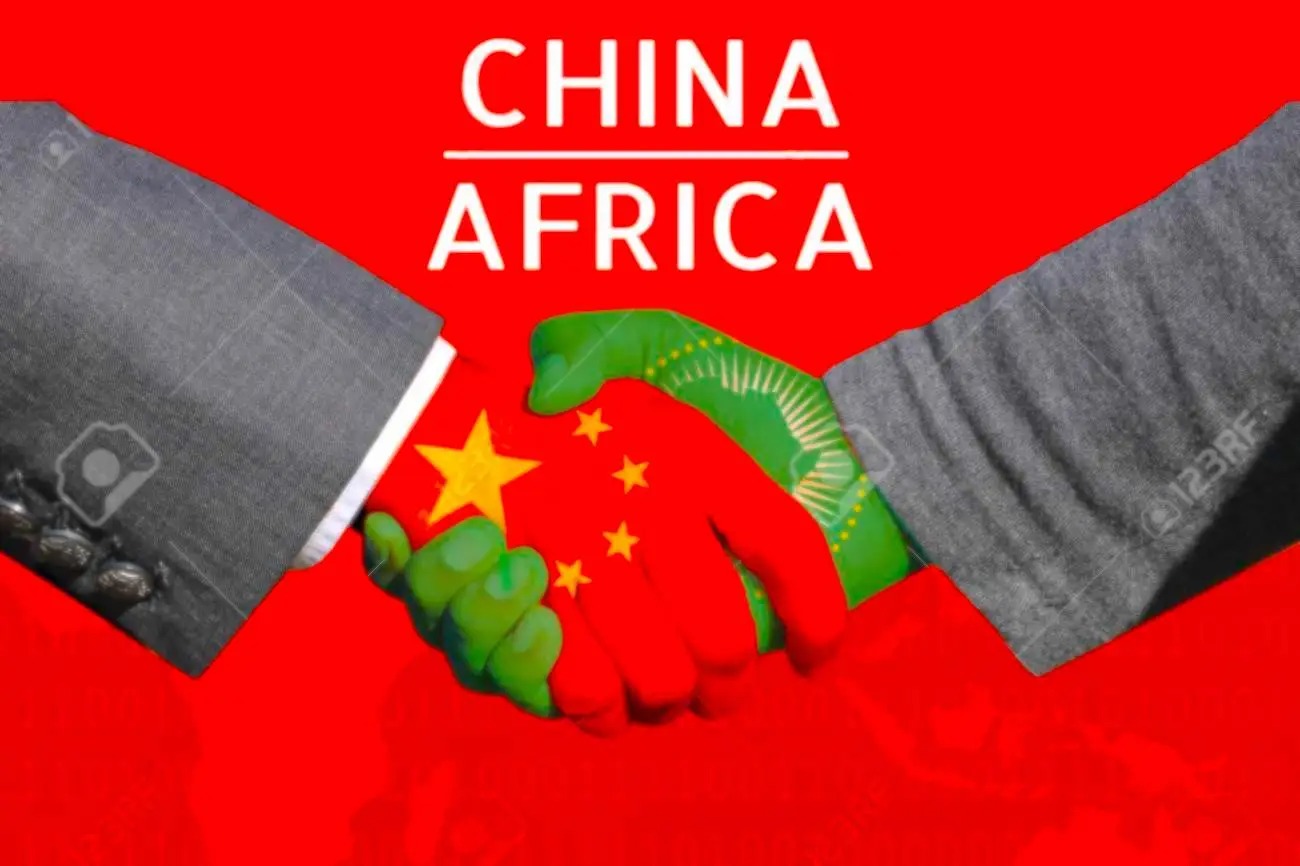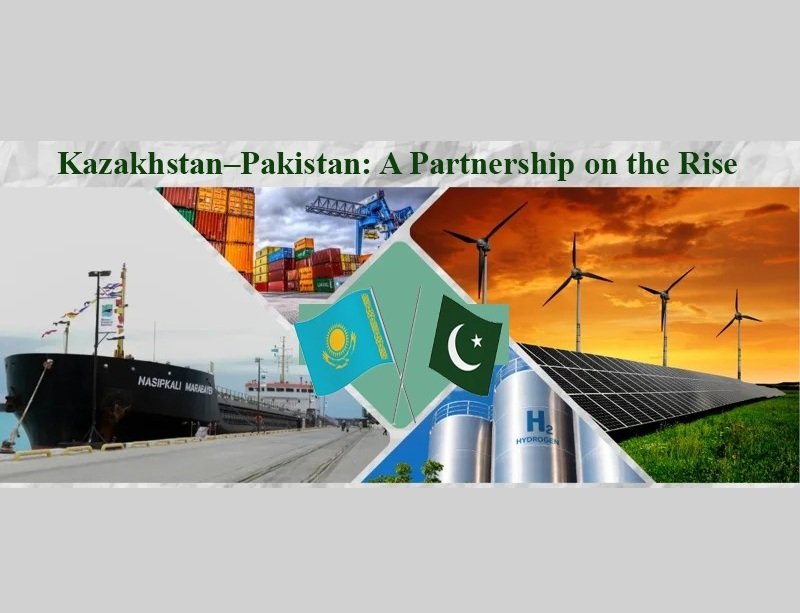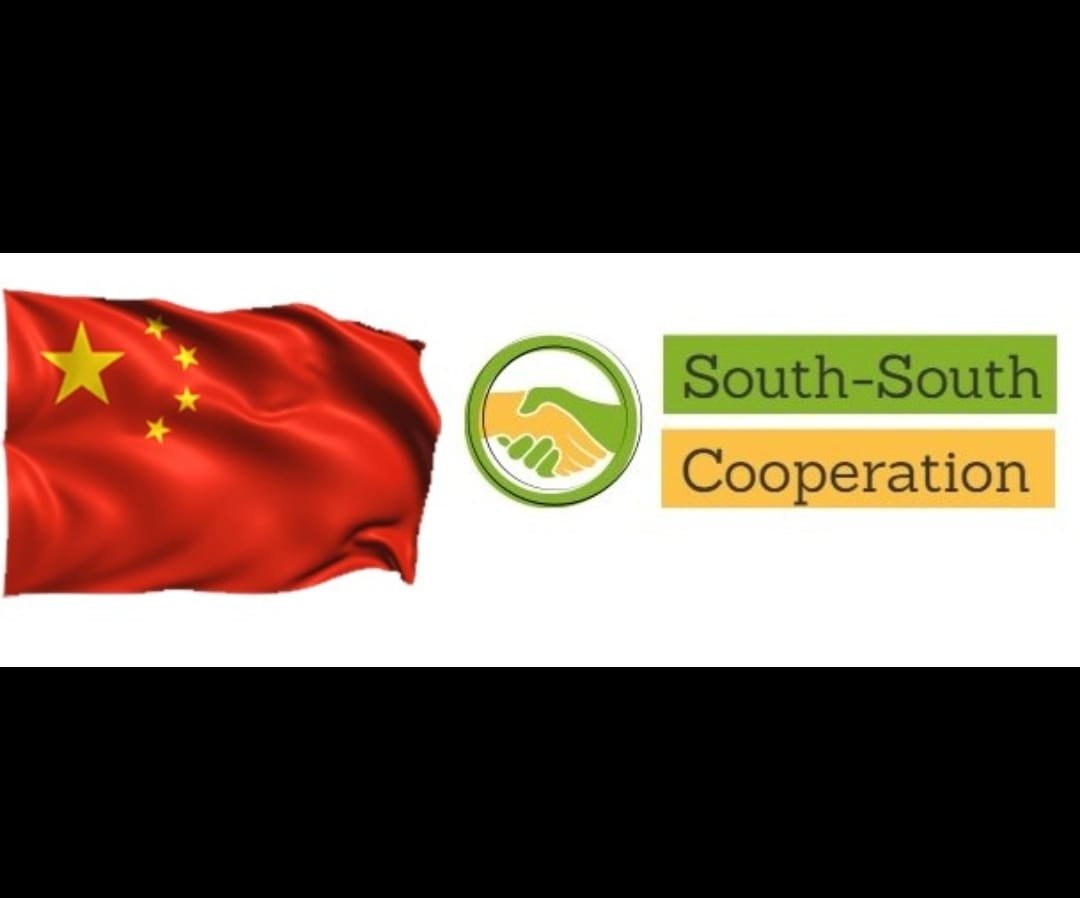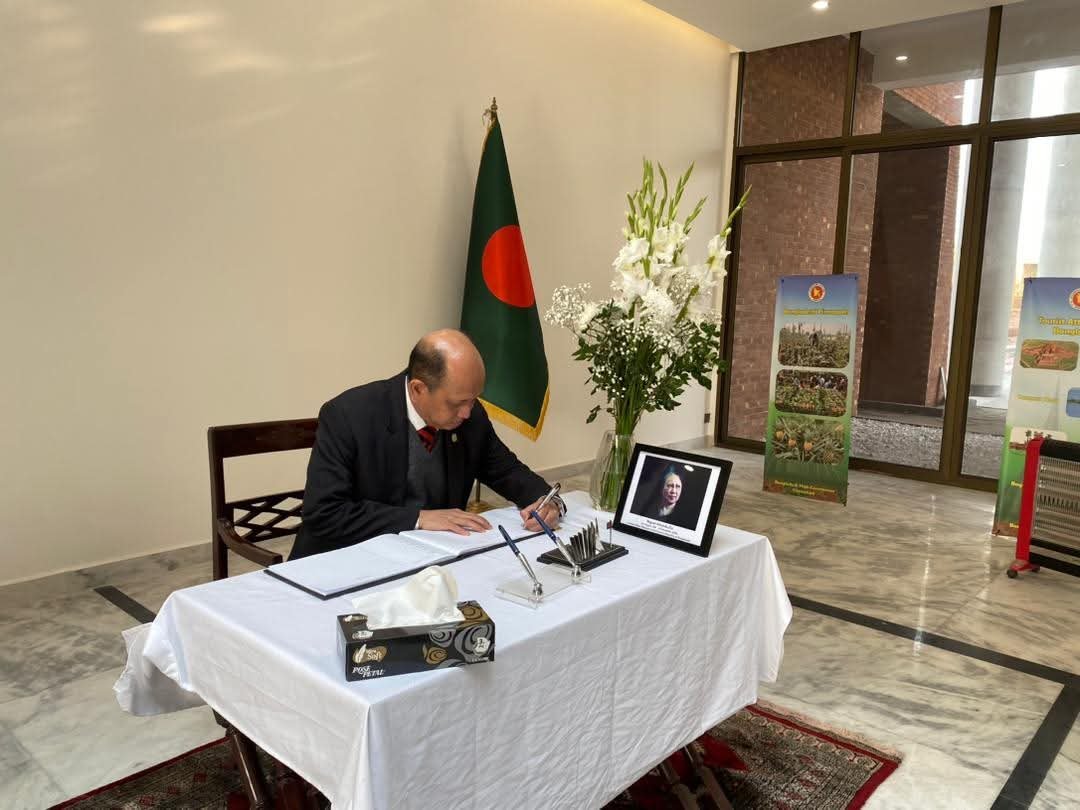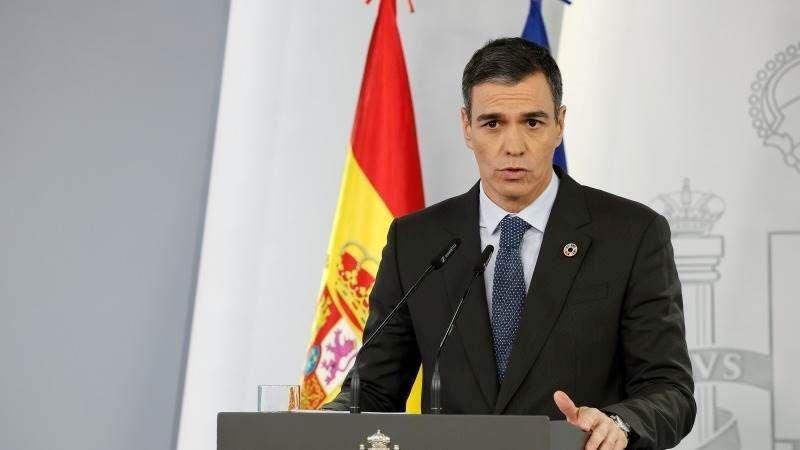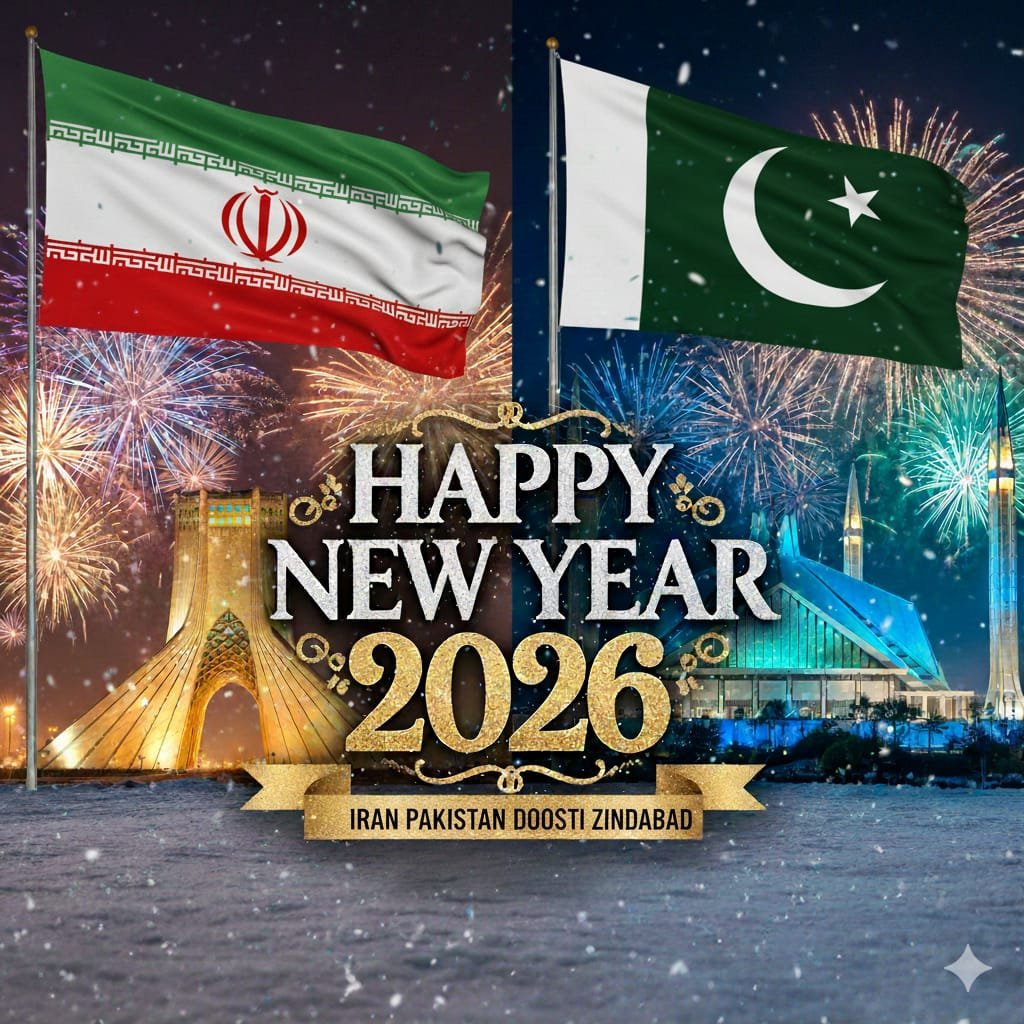As leaders from China and African nations gathered in Beijing for the 2024 Forum on China-Africa Cooperation (FOCAC) Summit from 4 to 6 September 2024, the event marked a significant moment for fostering fruitful cooperation between China and Africa, aimed at improving the well-being of people across the continent, home to the world’s largest number of developing countries. The 2024 FOCAC Summit symbolizes the reunion of old friends and the beginning of a new chapter in future partnerships.
For centuries, African nations have borne the brunt of Western colonialism and imperialistic invasions, leaving exploitation of Africa’s natural resources and the subjugation of its peoples. This created a system of dependency, and the region remained undeveloped across generations. African countries have faced significant challenges in their quest for national rejuvenation, struggling against the inequalities entrenched in the international system and the ongoing unilateralism and hegemonic tendencies of certain Western powers. Africa, home to the majority of developing nations, shares a common cause in fighting inequality and injustice perpetuated by Western hegemony. This dependency fostered underdevelopment and instability, making it difficult for countries to break free from poverty and assert their sovereignty on the global stage.
China and African countries have united to transform this environment, promoting multilateralism and defending the development rights of Global South nations. Unlike the Western colonial powers, China has no history of invading or colonizing African nations. In fact, both China and Africa share a history of subjugation and exploitation at the hands of Western imperialism. Rather than practicing neocolonialism, China’s engagement with Africa is rooted in mutual respect, peaceful coexistence, and a win-win approach, actively supporting the continent’s decolonization and developmental efforts.
Together, China and African nations have stood against Western neo-colonialism, supporting one another in international forums and working to protect the rights and advance the interests of other developing countries. They have strived to increase the representation and voice of the Global South in global governance, aiming for a more equitable world order.
A New Chapter for China-Africa Cooperation
The FOCAC Summit has become an important platform for deepening China-Africa cooperation. At the FOCAC 2024 Summit, President Xi Jinping emphasized that the China-Africa relationship is at its historical peak. He outlined a historic vision for future cooperation, announcing multiple initiatives and ten partnership action plans aimed at deepening bilateral ties across a range of sectors, including mutual learning, trade, industrial cooperation, connectivity, health, agriculture, and green development. The action plans prioritize inclusivity, respecting the diversity of governance systems, cultures, and preferences among African nations. He gave importance to joint modernization between China and Africa, noting that the modernization of both regions is essential for global progress. In collaboration with African nations and the African Union, China is committed to developing a win-win formula for modernization that respects the dignity and sovereignty of all parties involved.
Several key initiatives were unveiled to advance this modernization agenda. For mutual learning, 1,000 African parliamentarians will be invited to China to observe its governance system, while 25 China-Africa study centers will be established. The African SMEs Empowerment Program and strengthened digital technology cooperation will help drive economic development. China also committed 1 billion yuan for food assistance and agricultural development, and 500 Chinese agricultural experts will assist African scientists to boost food security. Furthermore, 30 clean energy projects will be implemented to support Africa’s green transition.
A cornerstone of China’s engagement with Africa is the Belt and Road Initiative (BRI), which has provided substantial investments in infrastructure, including highways, railways, power stations, dams, bridges, industrial parks, railways, and telecommunications networks, all of which have contributed to Africa’s industrialization and connectivity. It applied the principle of “to get rich, first build roads.” China has addressed major infrastructure bottlenecks that have hindered Africa’s development and integration into the global economy. China’s investments focus on large-scale infrastructure projects that offer long-term benefits. China’s approach is evolving, moving from large-scale initiatives to smaller, more community-focused projects that directly improve the livelihoods of African citizens.
As China and Africa continue to deepen their cooperation, the FOCAC platform will play an increasingly important role in building a future of shared prosperity, mutual respect, and win-win outcomes. Both regions are committed to developing a more just and equitable global order, with China as a partner in Africa’s modernization and development journey.
China’s comprehensive partnership with Africa, particularly through the Belt and Road Initiative, has strengthened over the years, with 52 African countries and the African Union already signed on. Together, China and Africa are building a community with a shared future, working towards a world where their collective voice is heard and their development aspirations are realized. The outcomes of the 2024 FOCAC Summit have laid a strong foundation for continued progress, ensuring that the China-Africa partnership will only grow stronger and stronger.

Executive Director, Pakistan Research Center for a Community with Shared Future (PRCCSF).
